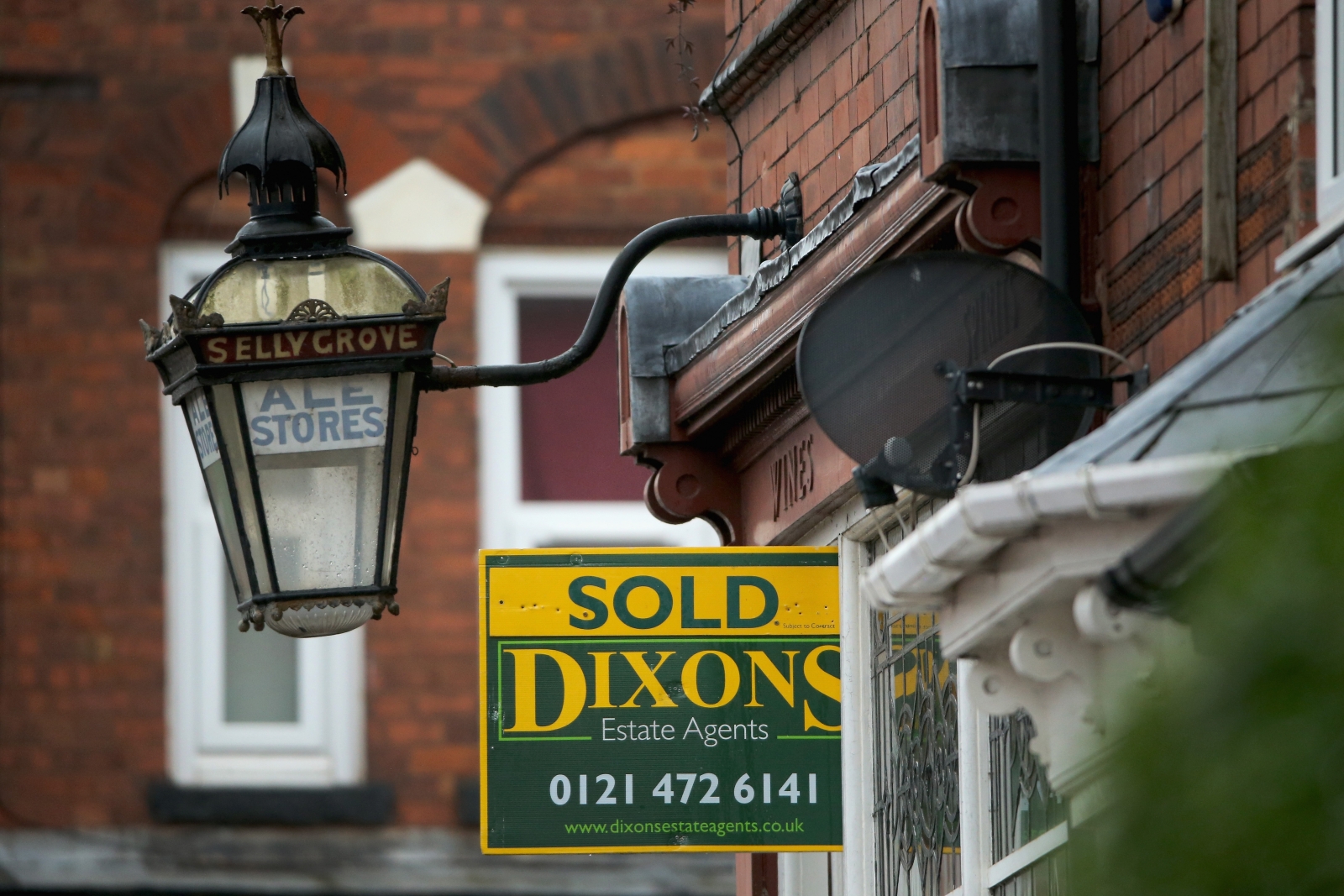The annual rate of growth of house prices in Britain recorded its first drop in four months but remained firmly above the rate of inflation, a survey from the UK's largest lender showed.
According to data released by Halifax on Thursday (7 December), in the 12 months to November, prices were 3.9% higher than in the corresponding period a year earlier, to £226,821 ($303,511).
The rate of growth was in line with forecast but lower than the one recorded in October, which represented the fastest rate of growth since February, and marked the first decline in annual growth since July.
It also remained above the Consumer Prices Index (CPI) inflation, which is currently 3%.
"The imbalance between supply and demand continues to support house prices, which doesn't look like changing in the near future," said Russell Galley, managing director at Halifax Community Bank.
"Further ahead, increasing affordability issues, as price increases continue to outstrip wage growth, are likely to curb housing demand and cause price growth to ease."
Meanwhile, prices grew 0.5% month-on-month in November, beating the forecast for a 0.2% increase and surpassing the 0.3% growth recorded in the previous month and on a quarterly basis prices were 2.4% higher.
According to the Royal Institution of Chartered Surveyors' monthly report, the latest data shows the supply of homes for sale sharply deteriorating after a couple of months in which new instructions had held broadly stable
Supply has now fallen in 20 consecutive months to October, while new buyer enquiries weakened in both September and October, marking the seventh consecutive month this measure has fallen.
However, Galley said Philip Hammond's decision to scrap stamp duty for first time buyers up to £300,000 could boost the market.
Delivering the first Autumn Budget in 21 years last month, the Chancellor unveiled plans to scrap stamp duty for first time buyers up to £300,000, while those buying a home worth up to £500,000 will not have to pay stamp duty on the first £350,000.
The move was part of a broader plan aimed at tackling Britain's ongoing housing issue. Hammond unveiled plans to build 300,000 new homes by 2020, in the "biggest annual increase in housing supply since 1970" and vowed to commit £44bn over the next five years to the housing market.
"We do expect the Government's first-time buyer Stamp Duty changes to provide some stimulus to demand, particularly in London and the South East where the impact is greatest," he added.


